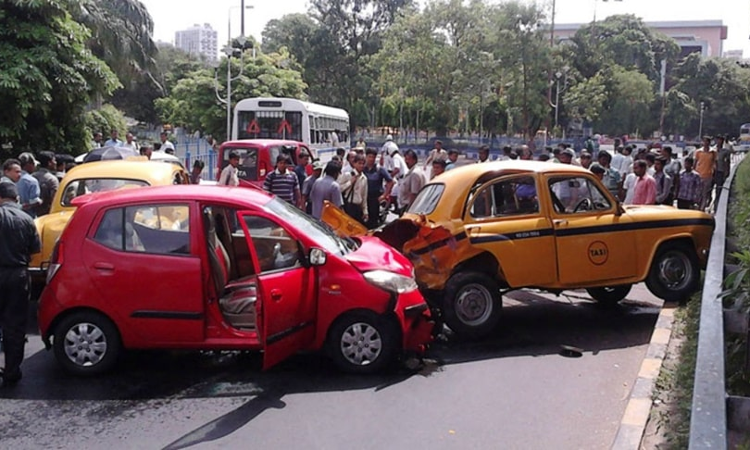Mere Delay In Filing FIR Not Fatal In Motor Accident Claims If Adequate Explanation Is Offered: Gujarat High Court
PRIYANKA PREET
23 May 2022 7:34 PM IST

Next Story
23 May 2022 7:34 PM IST
The Gujarat High Court recently directed the Motor Accident Claims Tribunal to consider the claim petition filed by a motor accident victim, even though there was a delay of about 1 month in reporting the matter to the Police.The direction was passed in a First Appeal filed under Section 173 of the Motor Vehicles Act 1988 challenging dismissal of the claim petition. Attention was drawn to...
